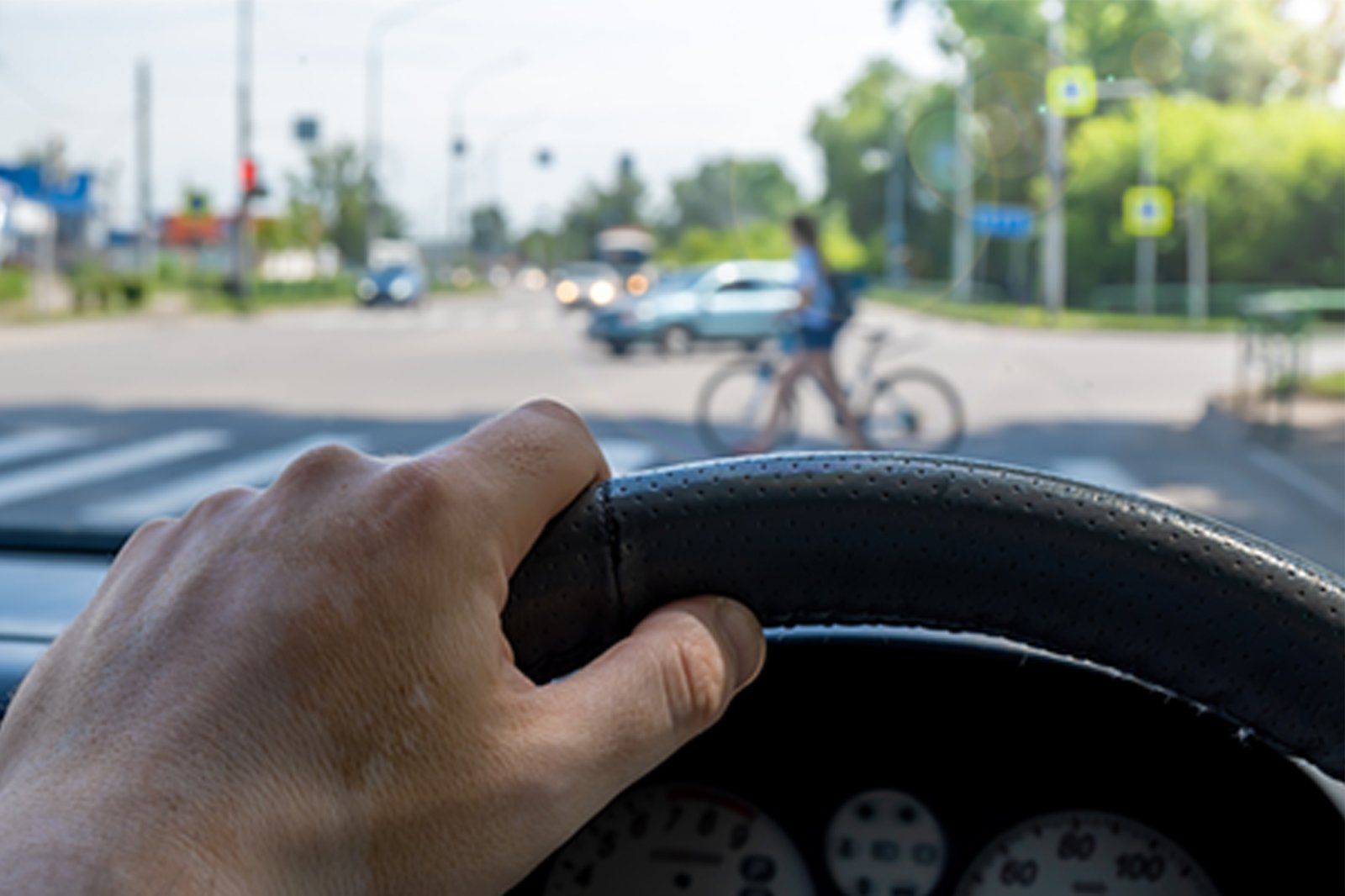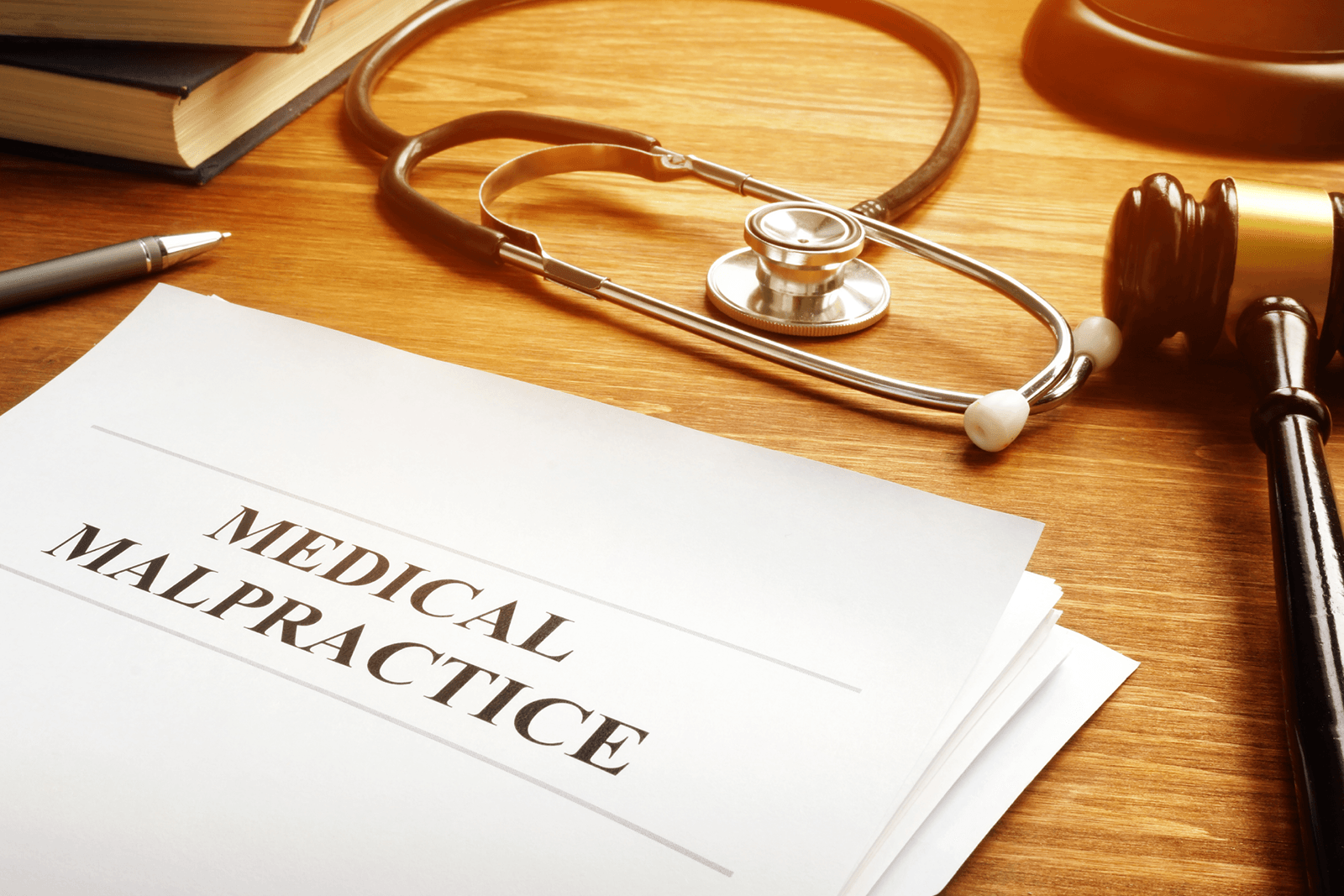Car Accidents: Common Causes & Prevention Tips
It’s no doubt that car accidents can be devastating. You see them happen all the time just driving your normal commute and it can make even the safest drivers wonder about their own safety. Even if you are a good driver and have never been in a car accident before, it’s still important to learn all of the ways to avoid one. According to the National Safety Council, more than 90% of car accidents are caused by human error. This means that they can be prevented majority of the time. Before you get behind the wheel, you need to take basic safety precautions to prevent or decrease chances of injury in case of an accident. Additionally, there are things that you can do if a collision seems impossible to avoid while on the road. Knowing what to do before an accident happens can keep you from sustaining serious injuries.
CAR ACCIDENT CAUSES:
Before we get into what exactly you can do to prevent car accidents, it’s important to know the most common causes. Below are some examples of common causes of car accidents:
- Distracted driving
- Speeding
- Driving under the influence
- Fatigue
- Reckless driving
PREVENTING A CRASH:
Now that you know some major causes of vehicle accidents, it’s important to understand what you can do to keep yourself and other drivers safe on the road. Below are some great accident prevention tips:
- Use the left lane for passing only. Most highway accidents occur in the fast lane where drivers are usually speeding. Not only do you increase your chances of injury, but you also don’t have many escape options if an accident were to happen. Driving into a median or barrier can make the accident and injuries exponentially worse. It’s best to use the left lane only when there is a safe passing opportunity and always use your signal.
- Always wear your seatbelt. This may seem like a given, however, many people still choose not to use this life saving device. According to the NHTSA, wearing a seat belt saved an estimated 14,955 lives in 2017.
- Stay alert and awake. Safety should always be your number one priority so whenever you are feeling too tired to drive, it’s best to stay home and rest. Too many people opt for a coffee or energy drink instead of getting enough rest. Your life is not worth driving fatigued and potentially causing an accident. Even if you are fully rested, it’s important to stay alert and drive defensively at all times. You never know what other drivers may do and it’s not a good idea to anticipate their actions.
- Be conscious of blind spots. The best way to avoid other cars getting lost in your blind spots is to adjust your rearview and side mirrors. It’s critical to know where your blind spots occur as every vehicle is different. While you are behind the wheel, you also want to be aware of when you could be in someone else’s blind spot. Try to stay out of these tricky spots as much as possible to decrease your chances of being in an accident. This is especially important when driving next to large trucks.
- Give yourself extra time. It’s never a good idea to be in a rush while driving. Not only could you get a speeding ticket, but the faster you are driving, the less time you will have to stop to avoid a crash. According to the World report on road traffic injury prevention, “An increase in average speed of 1 km/h typically results in a 3% higher risk of a crash involving injury, with a 4–5% increase for crashes that result in fatalities.”
- Put your phone away. Distracted driving is the number one cause of accidents in the United States. Even though texting, talking, or emailing and driving have all become pretty normalized, that does NOT mean it’s the safe thing to do. It is always best to send your texts/emails, make your calls, set the radio station, etc. BEFORE you hit the road. Put your phone in the back seat, center console, or someplace where you won’t be tempted to reach for it while driving. Out of sight, out of mind is the best policy when it comes to distracted driving.
- Don’t assume another driver’s ability. Now that you know all these precautions and tips, it’s never safe to assume that other drivers are as educated. You never know the condition of the driver’s around you. Staying alert, especially when you are driving a route that you drive every day, is always recommended.
IN THE EVENT OF AN ACCIDENT
According to the NSC, “For the third year in a row, 40,000 people were killed in crashes on U.S. roads in 2018, according to preliminary estimates from NSC. Another 4.57 million people were injured seriously enough to require medical attention.” So it’s clear that there are ways to prevent an accident, but you likely won’t be so lucky as to avoid an accident your entire life. If you do find yourself in an unavoidable situation, there are a few things you can do:
- Align your hands and wrists with the steering wheel.
- It can be tempting to swerve and/or jerk the wheel. This is not a good idea. Steer smoothly to maintain control.
- Slow down as much as possible. The faster you are going the worse your accident/ injuries will be.
- Avoid colliding with a vehicle or object head on. Doing your best to angle your car or truck to the side a little bit can make all the difference. Your vehicle’s side is weaker than other areas so turning all the way to the side is not recommended.
WHITESIDE & GOLDBERG, LTD.
The first thing you should do after an accident is seek medical attention and call a good lawyer! Whiteside & Goldberg, Ltd. works hard to get you the compensation you deserve after an accident. They offer a free consultation and do not charge you anything until you win a settlement. The experienced attorneys at Whiteside & Goldberg, Ltd. fight to secure your financial future. For more information on car accident lawsuits, call 312-334-6875 for the Whiteside & Goldberg Michigan Avenue location and 815-730-7535 for their Shorewood office. You should never battle a distracted driving case without an excellent attorney by your side.
The content of this blog is intended for informational purposes only and does not constitute or establish an attorney-client relationship, nor constitute legal advice. If you wish to discuss any further aspect of the material contained herein, please contact an attorney at Whiteside & Goldberg, Ltd.





